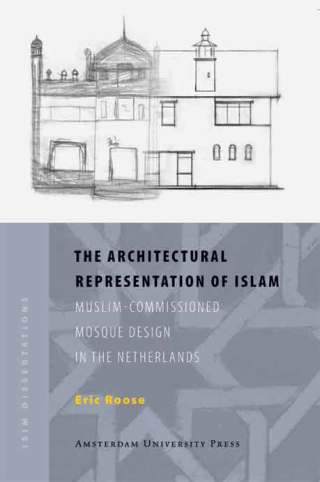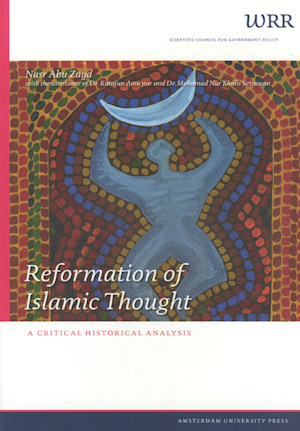Contents
Preface
Preface by the Author
1 Introduction
2 The Pre-Colonial Period
2.1 Introduction
2.2 Cultural Diversity
2.3 The Paradigm of Sharia
2.4 Revivalism
2.5 Conclusion
3 The Nineteenth Century
3.1 Introduction
3.2 The Challenge of Modernity
3.3 Rethinking Consensus: The Emergence of New Ulama
3.4 Al-Afghani: The Pioneer of Reformation, Islah
3.5 Rethinking Sunna, Hadith Criticism: The Emergence of a New Exegesis of the Quran
3.6 Rethinking the Meaning of the Quran
3.6.1 Islam and Science
3.6.2 Islam and Rationalism
3.7 Conclusion
4 The Twentieth Century
4.1 Introduction
4.2 The Emergence of Political Islam
4.2.1 Egypt
4.2.2 Iran and Iraq
4.2.3 Indonesia
4.3 From Reformation (Islah) to Traditionalism (Salafiyya)
4.4 The issue of the Islamic State
4.5 Politicization of the Quran
4.6 The Intellectual Debate: The Quran as a Literary Text
4.7 Case 1: Cultural Islam in Indonesia: Democracy, Freethinking and Human Rights
4.8 Case 2: The Islamic State in Iran
4.9 Conclusion
5 Selected Thinkers on Islam, Sharia, Democracy and Human Rights
5.1 Introduction
5.2 Muhammed Arkoun: Rethinking Islam
5.3 Abdullah An-Naim: Sharia and Human Rights
5.4 Riffat Hassan and Others: Feminist Hermeneutics
5.5 Tariq Ramadan: European Islam
5.6 Nasr Abu Zayd: Rethinking Sharia, Democracy, Human Rights, and the Position of Women
Epilogue
Literature
Glossary

